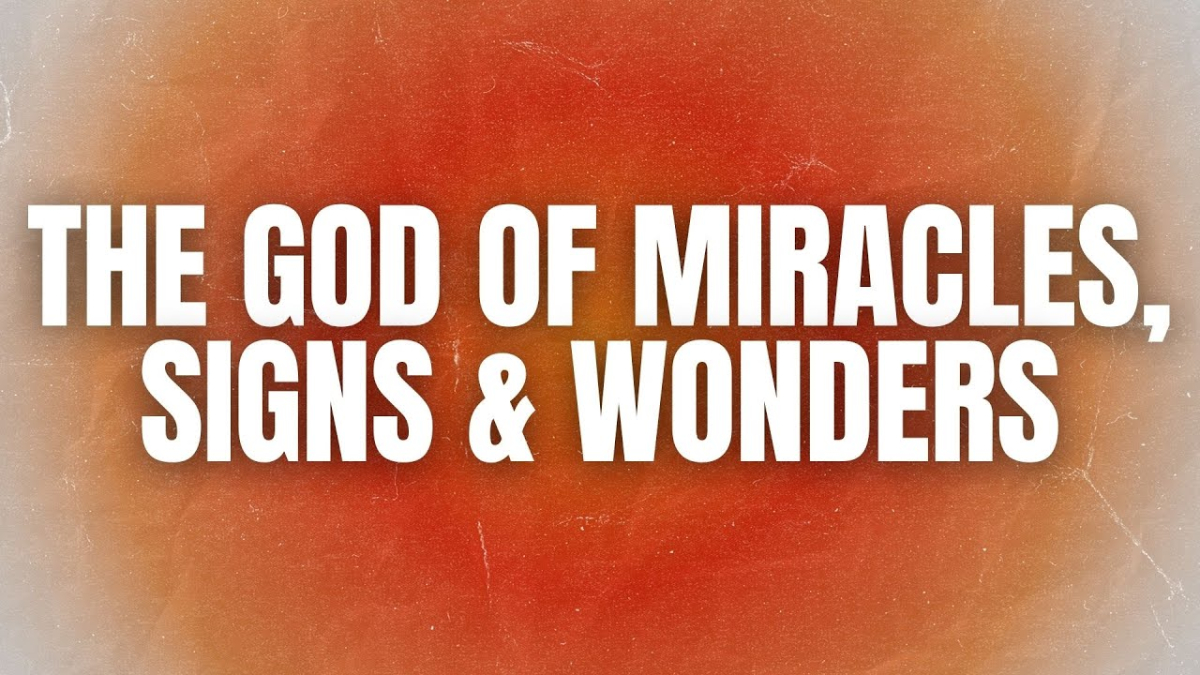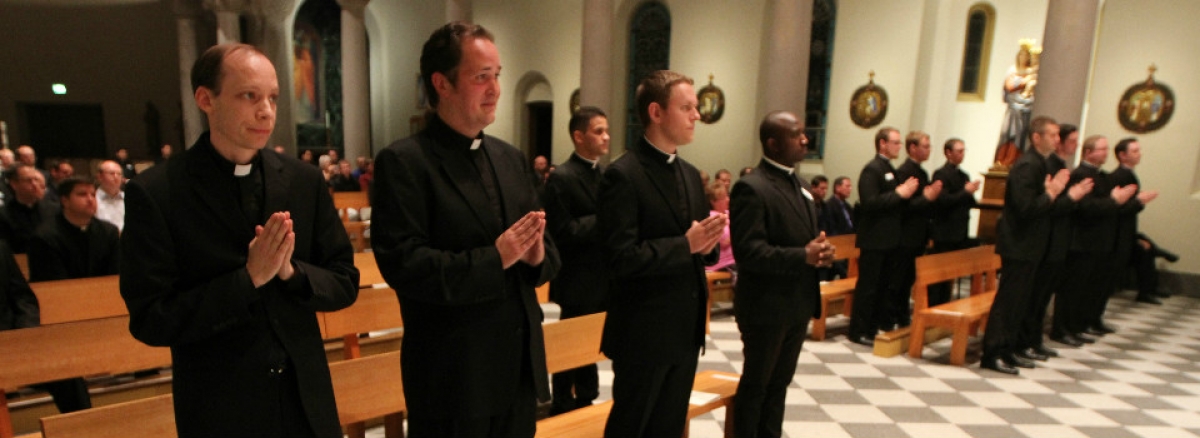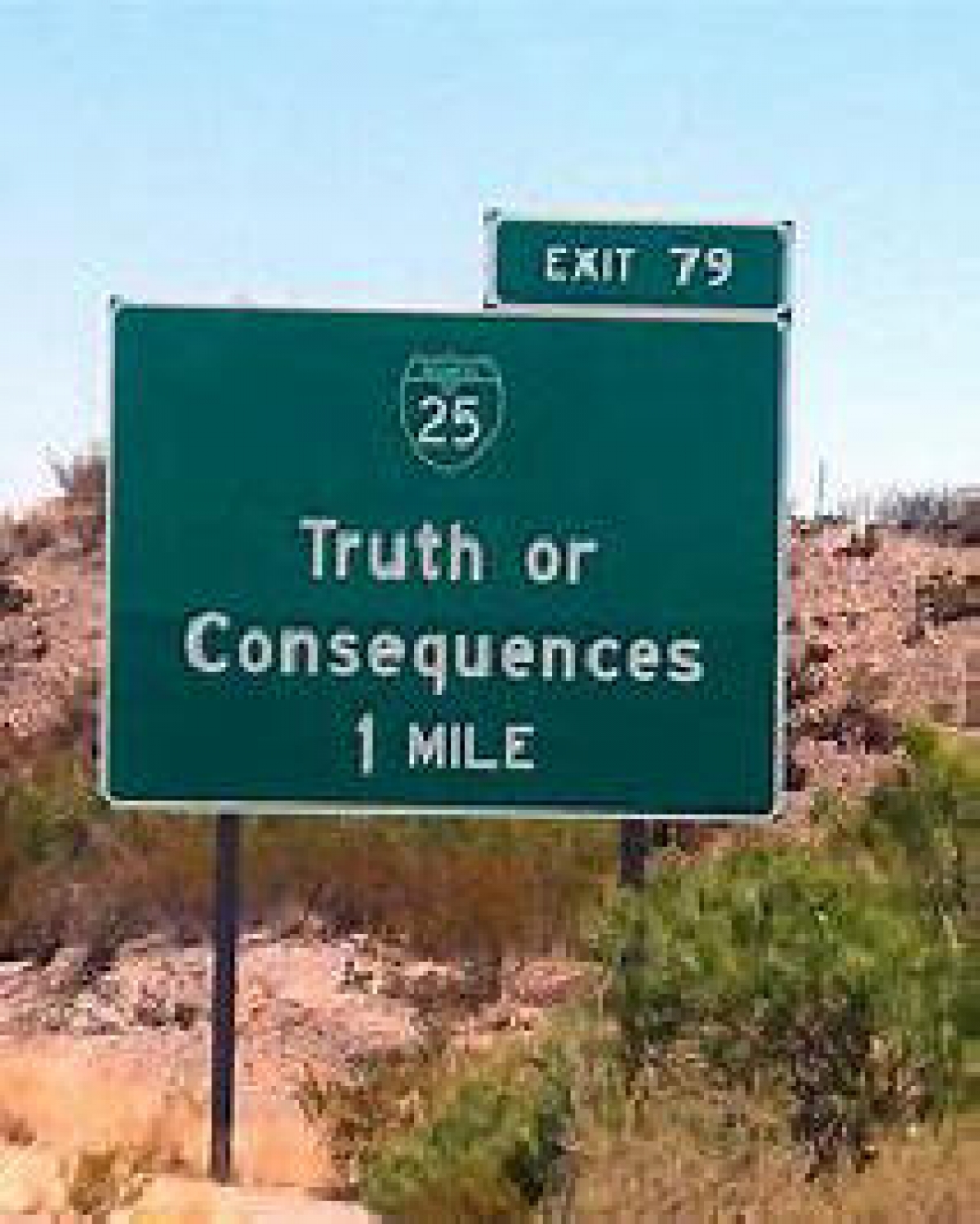Dear Friend,
WARNING: the content of this message may be disturbing. Read at your own risk of having preconceived notions of Jesus torn down or blown away. But first, a preface is in order.
This author is approaching this piece as dispassionately as possible. I'm not angry with anyone and trying to take it out on others. I'm not offended with God and consequently suffering the blurred vision of a sour, disappointed soul. I have no doctrinal axe to grind, so I'm not trying to take a jab at any group of theologians with whom I may disagree. I have no desire to interpret God's Word in either a more lenient or legalistic way than it should be; my aim is accuracy to the biblical text. Nor am I under the delusion of spiritual or moral superiority, as I'm fully aware my flesh is just as bad as yours, should either of us be so foolish as to yield to it. Why then am I writing this?
Far too many American Christians in this postmodern generation are deceived concerning the great evaluation we all must face: the Judgment Seat of Christ (Romans 14:10-12; 2 Corinthians 5:9-10). The following message is the result of a simple, straightforward, theologically unprejudiced reading of Jesus' evaluation of the seven churches of Asia recorded in Revelation 2-3.
There Jesus is standing "in the midst of the churches" and speaking in full evaluation (judgment) mode. My theme here is very simple: Since Jesus does not change, His manner of evaluating the Asian churches reflects exactly how He will evaluate us at His Judgment Seat. With this in mind, please review the following observations made from Jesus' evaluations.
Jesus judges with a loving heart, always commending anything that's commendable. But His loving heart is also honest, as He does not and cannot overlook sin or slackness. Gracious, He seeks to comfort us, but never at the expense of truth and reality. Thus, His is a holy love, not the permissive love which fills our culture and which so many biblically untaught Christians mistake for Jesus' love. However blurred our vision today, Jesus still sees clearly. Thus, His corrective evaluations provide us with a sure, sound path to spiritual restoration and a healthy Christian walk.
In Jesus' mind, our virtues do not excuse our vices. That is, what we do well does not give us a pass to do wrong with impunity. Jesus does not ignore our disobedience to His Word or guidance, or our neglect of seeking Him, because our Christian service is dutiful and regular. For examples, He praised the Ephesian and Pergamum churches for their good works - and they were outstanding! - yet simultaneously pointed out their faults. He reproved the Ephesians for their lack of love (Rev. 2:4) and the Pergamum church for allowing sins and errors to go unchecked in its congregation (Rev. 2:14).
Furthermore, Jesus' messages to Pergamum and Thyatira show that, even if our churches have a core of spiritually strong believers who are very loyal to Christ and have experienced sufferings, even martyrdom, for His sake, if our leaders knowingly allow sins or errors to continue operating under their authority, He will hold them accountable.
So, we see Jesus is part of the same Godhead whose uncompromisingly righteous divine nature held the godly priest, Eli, responsible for permitting his ungodly sons, Hophni and Phinehas, to continue sinning in the tabernacle (1 Sam. 2:12-34; 3:12-13). The apostle Paul understood this.
And Paul plainly informed us that Jesus will judge us, also, by our consistent works, not His amazing grace - which alone saves us (Revelation 2:23c). Jesus is a very patient, methodical Evaluator, who first warns us, and then allows a "space to repent" before releasing punishment. That is, if we are foolish enough to continue sinning after He graciously corrects us (Revelation 2:21).
Jesus plainly and repeatedly warned the Asian churches that He will execute punishments on carnal Christians who defy His scriptural warnings by stubbornly persisting in known sins. His punishments vary according to the severity of our sins in His sight. They range from milder punishments, such as losing our effective Christian witness because we've abandoned our devotion to Christ (2:5), to more severe, even lethal punishments for practicing immorality or idolatry, which includes anything we put before God, or anything we love or trust in more than Him (2:16, 22, 23; 3:3, 16; see 1 Corinthians 11:29-30).
As Jesus evaluated the churches of Asia, His Second Coming was on His mind, and theirs. It was the unspoken backdrop to everything He spoke (see Rev. 2:22, 25-27; 3:3, 10). It is much more so today, as His appearing is exponentially nearer and more imminent! His assessment of our spiritual life, and no one else's, determines if we will be taken or left behind at the rapture and thus escape or enter the Tribulation period. He alone determines those who are living "worthy" lives, ready to be caught up and wedded to Him "in white" (3:4; see Luke 21:36; Revelation 19:7-9, 14). Clearly, some will be rewarded by exemption from the Tribulation "hour" (3:10), while others will be punished by inclusion in it (2:22; 3:3).
But this passage makes abundantly clear that Jesus' choicest blessings and rewards are reserved for "overcomers" (2:7, 11, 17, 26-28; 3:5, 12, 21), not undercomers - or willful spiritual underachievers who receive salvation but stubbornly refuse to seek God intimately and grow spiritually through the teaching of His Word and the testing of their faith. So, while His best rewards will not be given persistently disbelieving and disobedient Christians, they are readily available to anyone who will humbly seek Him, trust and obey Him, worship Him, and continue to mature spiritually into His image.
While Jesus is grieved with any sin or worldliness in His people's lives, He is most disgusted with Christians who are spiritually and morally lukewarm (3:14-19). He will "spew" (3:15-16), that is, vomit, or violently reject them, from His personal presence, fellowship, and service. Why? Utterly unlike Him, they refuse to commit. They are consistently double-minded. They consciously try to have it both ways, to be on both sides at once. They refuse to renounce the things of this world and wholly embrace the things of God. Morally compromised and unfaithful to Jesus' Word and righteousness, they are steadfastly loyal, not to Him, but to themselves.
Pause and ponder that, of all the churches Jesus evaluated, He was disturbed most by the lukewarm Laodiceans! Only they rated being vomited, or violently rejected, from His presence. And consider this: our generation of American Christians is by any honest examination the most lukewarm, morally compromised, spiritually apathetic, half-devoted generation in recorded Christian history. And Jesus' standard of evaluation in Revelation 2-3 is not unique.
He told two prophetic parables describing the same standards of assessment He will use at the coming Judgment Seat evaluation of Christians. One is found in Matthew 25:14-30 and the other in Luke 19:11-27. (For further study, Psalm 50 also offers an enlightening sample of how God deals with His own covenant people when examining them.) Both passages agree with Revelation 2-3 in that they all show Jesus' evaluation is not a one-size-fits-all, feel-good, happy-time, nobody-gets-disappointed assessment of all His servants. Rather, it involves His very thorough, intensely personal examination of each believer and results in a wide range of both rewards and losses. Some will laugh and sing (Matt. 25:21, 23), while others will weep and gnash their teeth before Him (Matt. 25:30). Why study this?
We need to know now, ahead of time, the true nature and ways of the great chief Justice before whom we shall all stand and give account of our lives one day. And this humble message, despite its deficiencies, accurately describes that One.
This is the Jesus that evaluated the churches of Asia in AD 95. This is the Jesus who is evaluating us today, as individuals and as churches. This is the Jesus that prophesied of His coming evaluation of believers in Matthew's and Luke's Gospels. And this is the Jesus that will evaluate every one of us at the Judgment Seat.
In closing, let me say again I am trying neither to be hard nor soft but true. Some of the above facts are hard. Others are soft. But all are true. Our reactions, at least initially, will likely also be diverse. Some will embrace these facts. Others will spew them out of their mouths. But they all faithfully describe our coming evaluation and Evaluator.
In the Evaluator's name,

Greg Hinnant
Greg Hinnant Ministries



























































































































































































































































































































































































































































